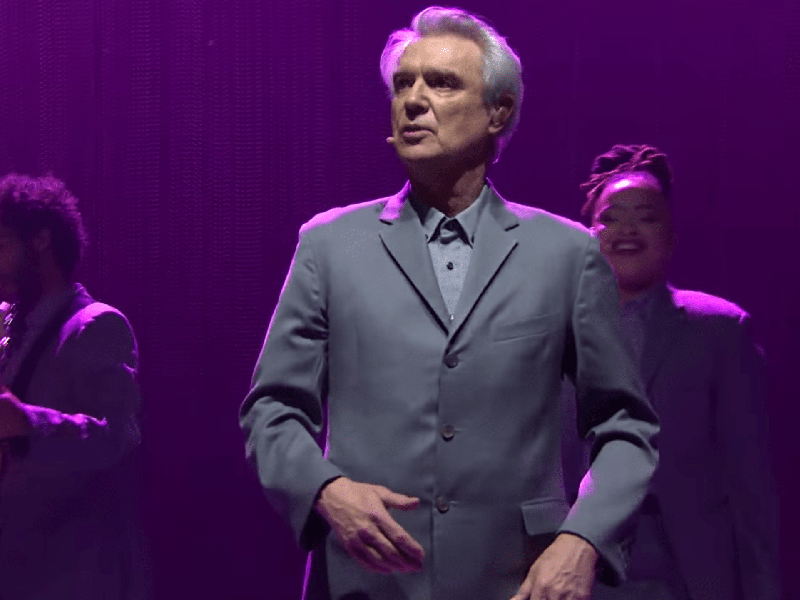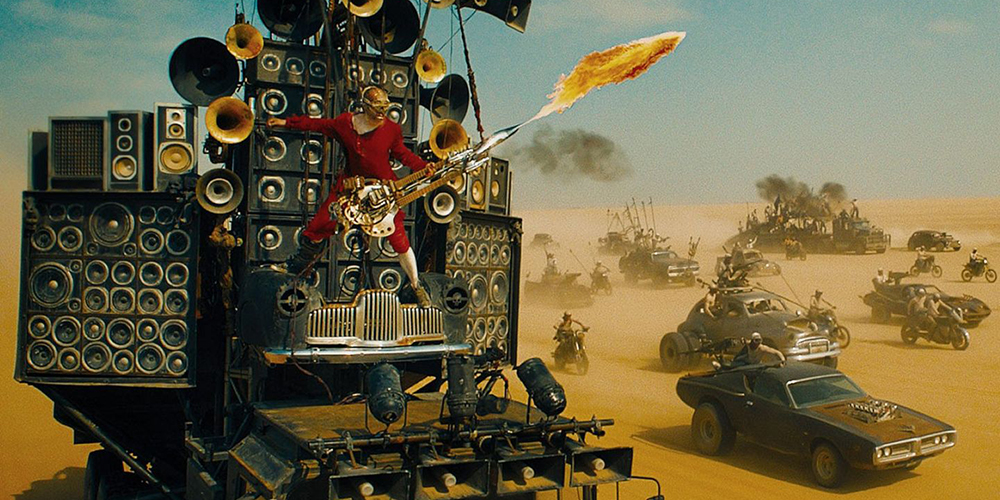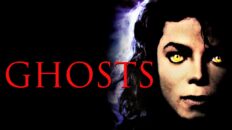Just The Two Of Us – Bill Withers
By Blake Collier
When I originally picked this song for the Rise Up Daily Pandemic Playlist, I was doing it with my tongue slightly in my cheek, because, really, the song has nothing to do with pandemic or the end of the world or even civil unrest. Yet with the news that Bill Withers—a favorite artist of mine—died the same week, I decided to slide my tongue right back outta my cheek. “Just The Two Of Us” is a celebration of love. Most peoples’ mind will go to eros love, but considering the song is constructed by two men, Withers and Grover Washington, Jr., it opens up the wheelhouse of love. But why should it be on a pandemic playlist, you ask? Fair enough. I think this is exactly the type of song that belongs on this playlist because it forgoes the fear of what is happening all around us and centers our focus on our relationships, the people we love, the people we are supposed to love. COVID-19 has shown the glaring problem within American individualism: it breeds selfishness, an “it’s all about me” mentality. “Just The Two Of Us” focuses on the benefit of the community, where two or more gather. It is infused with love of all sorts and an unquenchable hope which is needed in these times.
Where Will I Be – Emmylou Harris
By Darryl A. Armstrong
Emmylou Harris has a voice that is at once plaintive and full of longing which has served her well across a long and storied career. “Where Will I Be”, written by Daniel Lanois—longtime U2 producer—and recorded for her album Wrecking Ball manages to inhabit both that mourning and longing and even sexual energy in one song centered in Biblical apocalyptic imagery. “The streets are cracked” the song begins, and repeats the question, “where will I be…when that trumpets sounds”?
What Can You Do But Rock ‘N’ Roll – Ezra Furman
By Nathanael T. Booth

The phrase “voice of a generation” is a crown of thorns to any songwriter, but in the case of Ezra Furman the coronation may be close to accurate. Certainly, Furman’s music represents a recognizable millennial experience: angry, confused, polymorphously queer, chaotically spiritual, wildly joyful despite the world rather than because of it. I am tempted to suggest Furman’s entire catalogue as the soundtrack to a pandemic, but since I am restricted to one song, I have chosen “What Can You Do But Rock ‘n’ Roll” from the album Twelve Nudes (2019). The song confronts the anxiety of an impossible situation, where money (if you can find it) doesn’t fill the existential void and “the kind of sex you want is the kind they’d like to make illegal.” To which the solution is—what else?—Rock ‘n’ Roll, the loud, excessive celebration of the moment. There’s a certain despair at work here, but there’s also a mad joy, and it’s the kind of thing I find particularly comforting in a crisis.
Nobody ‘Cept You – Bob Dylan
By Wilder Adkins
There are a few writers out there who seem to be able to tap into some kind of pure and cosmic love energy—and I’m talking so pure and holy and full of longing that you’re not really sure at the end whether they were singing about God, or some girl, or possibly a weird ghost version of Anne Frank that lives in your mind ( #NeutralMilkHotel). “Sweet Thing” by Van Morrison is one song that does this for me—”I shall drive my chariot down your streets and cry!” When was the last time chariots existed in Ireland, if ever? But hey, that’s the way he feels inside. I get that. Of all of Bob Dylan’s songs, though, there’s only one that comes to mind that hits me in that same way. Funny that he never even gave it an official release (until The Bootleg Series). I’m talking about “Nobody ‘Cept You”, a song full of love and longing, but also a wistfulness and a meditation on mortality.
“Used to play in the cemetery
Dance and sing and run when I was a child
Never seemed strange
But now I just pass mournfully by
That place where the bones of life are piled
I know somethin’ has changed”
Not your average love song imagery, but this is not your average love song. And just like this strange time we find ourselves in, “Something has changed”. For a wild and impassioned take on the song look for the cover by the band 16 Horsepower.
In This Twilight – Nine Inch Nails
By Alexander Ford
In 2007, Nine Inch Nails scribe and front man, Trent Reznor, released the concept album Year Zero, a dense collection of tracks set in the future of 2022. The album covers many topics: from historically specific things like Bush administration policy like the Patriot Act, American interventionism, exceptionalism, and surveillance; to more broad ideas of environmentalism, capitalism, manifest destiny, and finally some divine and/or celestial judgment. As the second-to-last track, the apocalyptic “In This Twilight” signals the end, at least for us, with it’s opening lines, “Watch the sun, as it crawls across a final time. And it feels like…like it was a friend.” The narrator asks what have we really done with the lives we have, and the world we’ve destroyed, as a blinding light fills the sky, and night finally descends on humanity.
Car Seat (God’s Presents) – Blind Melon
By Andrew Hambone of The Rifleman
This has always been one of my favorite songs, and now I feel it’s relevant to our current situation. The ominous tone and the bleak imagery denotes the universal feeling of solitude, fear, and loneliness. But the God character gives the impression that we will get through this and that we’re not alone.
The Universe – Lesley Kernochan
By Tess Wiley

Lesley Kernochan is amazingly upbeat despite also having the typical human insecurities that seem almost a requisite for empathetic songwriting. We recently played two shows together and turbo-talked about songwriting, performing, and connecting with audiences. I mentioned that I have a hard time getting away from melancholy lyrics, that I tend to enjoy wallowing in sorrow, and that I’m jealous of her pluckiness and positivity. She replied that she feels like she has to write songs like that, otherwise she would end up on a downward spiral. It kind of resonated like a punch in the gut, but then I figured the world needs both kinds of songs. Although I do want to increase my efforts to write with more positivity, the important thing is to be authentic and inspire oneself first. Sad songs reach those in need of encouragement, and positive songs offer that next step. This song is from her album A Calm Sun, and it’s sensational, but I can also highly recommend her most recent album, The Hummingbird Revolution. If you’re in need of encouragement at this time that life is good and the world is loving, and also that loving the earth is akin to loving life and its creatures, then this is a great place to start.
Slow Burner – Touch A.C.
By Yons
“I’ll never see you again” Louisville emcee Touch A.C. accepts on the hook to this track, “Slow Burn”. Waltzing back-and-forth between the book of Revelation imagery and pocketed vignettes of personal loss, Touch Armor Class acknowledges Bible-belt born anxieties and the unpreventable sorrow of death in western modern society and places them on the altar of rebirth and perhaps reincarnation. “Let it all fall off, before you put it back on”; “My advice for the cyanide seizures is always strive for limelight like Easter,” Touch admonishes, urging us to accept the inevitable pain and suffering of life given, yet strive to leave a legacy that can transcend in greater ways and hope in things unseen as many seem able to.
Plan The Escape – Son Lux
By Jonny Rodgers
The music of Son Lux has always carried an otherworldly quality with it. “Plan The Escape”, especially, has an almost prescient message considering the current state of our civilization. It’s the kind of song that heralds a coming apocalypse. Yet there’s hope. Gather your loved ones. Move on. Thrive. I’m not saying it is, but this song operates really well metaphorically too.
Earth Died Screaming – Tom Waits
By Darryl A. Armstrong
“Well the earth died screaming,” belts out Waits repeatedly in his trademark raspy-voiced yowl throughout the song while he thinks of someone. Is it a lover? A loved one or friend? Or possibly even an enemy? Who is to say. No doubt we all have someone on our minds. Elsewhere, Waits captures in four short lines the kind of plague imbued limbo we find ourselves in, singing:
“Well hell doesn’t want you
And heaven is full
Bring me some water
Put it in this skull”
Truth – Molly Nilsson
By Lorraine Rios
“Get the truth out to the youth”, Molly Nilsson sings. The author Scott Cunningham said the only thing we really know is that we don’t really know anything at all. What is the truth? What we as society sees as the truth today may be seen as a fairy tale 50 years from now: from the flat earth theory, to quantum physics, to developing the world’s first quantum computer; from what we see as the truth growing up, from drug addiction, alcoholism, domestic violence, to religion, and morality. Our reality may only be something like a simulation to the next great physicist in the future. Maybe this virus is part of that. Who is to say? Either way, it is killing us.
Life During Wartime – Talking Heads
By Darryl A. Armstrong

“I got some groceries, some peanut butter, to last a couple of days”, sings lead singer and songwriter from the Talking Heads, David Byrne. Byrne himself describes the song as a “Walker Percy-ish post-apocalyptic landscape where a revolutionary hides out in a deserted cemetery, surviving on peanut butter.” “Why stay in college” he asks, “trouble with transit” he notes, he “can’t write a letter, can’t send no postcard” eerily prophesying the possible closure of the postal service being debated by the White House administration in the middle of our current pandemic. Let us hope, unlike Byrne’s revolutionary, we retain access to our speakers and headphones.
Jesus Is Coming Soon – Blind Willie Johnson
By Martin Stillion
Johnson is relevant to the COVID-19 outbreak. It’s fashionable to talk about whose advice could have helped the President avert the present crisis. He should have listened to the CDC. Or the WHO. Or Secretary Azar. Or Dr. Fauci. Or Tony Navarro. But really, they all should have listened to Blind Willie Johnson. It’s all there in his song “Jesus Is Coming Soon,” which is only tangentially about Jesus and really about the 1918 influenza pandemic. The “mighty disease,” in Johnson’s telling, travels through the air, afflicting civilians and military alike “on the land and on the sea.” It closes schools and churches. And doctors for a time are confused about what to call it. Johnson reminds the listener: “We done told, our God done warned you.” He could be talking to the president. He’s certainly talking to you and me.
Revelator – Gillian Welch
By Darryl A. Armstrong
Gillian Welch’s Time (The Revelator)—indeed, her entire career—is a patchwork of sorrow Americana-style. “Revelator” kicks off the album as a melancholy—even angry at times—self-reflection that might as well double as a national one. It promises time will reveal all, that we who are individually fakes, pretenders and imitators will be washed over and revealed in time. I can’t help but think that in such times as we find ourselves now, in the middle of a pandemic and economic crisis unseen in a hundred years, time will indeed act as the revelator and expose us all.
The Rose Above The Sky – Bruce Cockburn
By Ken Mueller
Hope. That word has kept me going through the years, and particularly through this difficult time. As I write this, I’m just 24 hours removed from the death of my 88-year old father. Dealing with that and the days leading up to it, during a time of quarantine and heightened security at my parent’s retirement community has been difficult and stressful. And while I’m doing OK in this pandemic, I have family members who are deemed “essential” and are in contact with a lot of people on a regular basis. Plus, my first two grandchildren are on the way, one is due any day over in the locked down Czech Republic. But I have hope. The one thread that runs through most of the music I listen to is that no matter how dark or depressing it might seem, there is always a feeling of hope. I see Bruce Cockburn as a modern Psalmist, and his music has been part of my personal soundtrack for more than 40 years. His album Humans is my favorite of his. In context, it is an album of transition. After recording four or five albums that seem filled with happiness and joy, Humans comes at a time when Cockburn was feeling something different. The dissolution of a marriage and political upheaval in the world have him creating a much angrier album, as he shakes his fist at the sky. It’s filled with those themes of conflict we all learned in high school English: Man vs. Nature, Man against Himself, and what the poet Burns called Man’s Inhumanity to Man. Afterall, we are human. We live in a sin-drenched world, and at times, nothing makes sense. But there is hope. At the very end of this angry and sorrowful album, Cockburn tucks in a little gem called “The Rose Above the Sky”. He lists any number of reasons he might feel hopeless, but each time follows it with the chorus, “Til the Rose above the sky opens, and the light behind the sun takes all.” There is hope. My dad is free of his pain and suffering and I’ll see him again someday. We will get through this pandemic. Sure, there will be pain and suffering, and we will be changed, but in the end, there is the promise of hope. Like Cockburn, rather than wallowing in pity and allowing ourselves to be overcome by depression or rage, we need to focus on the end. The promise. Hope.








